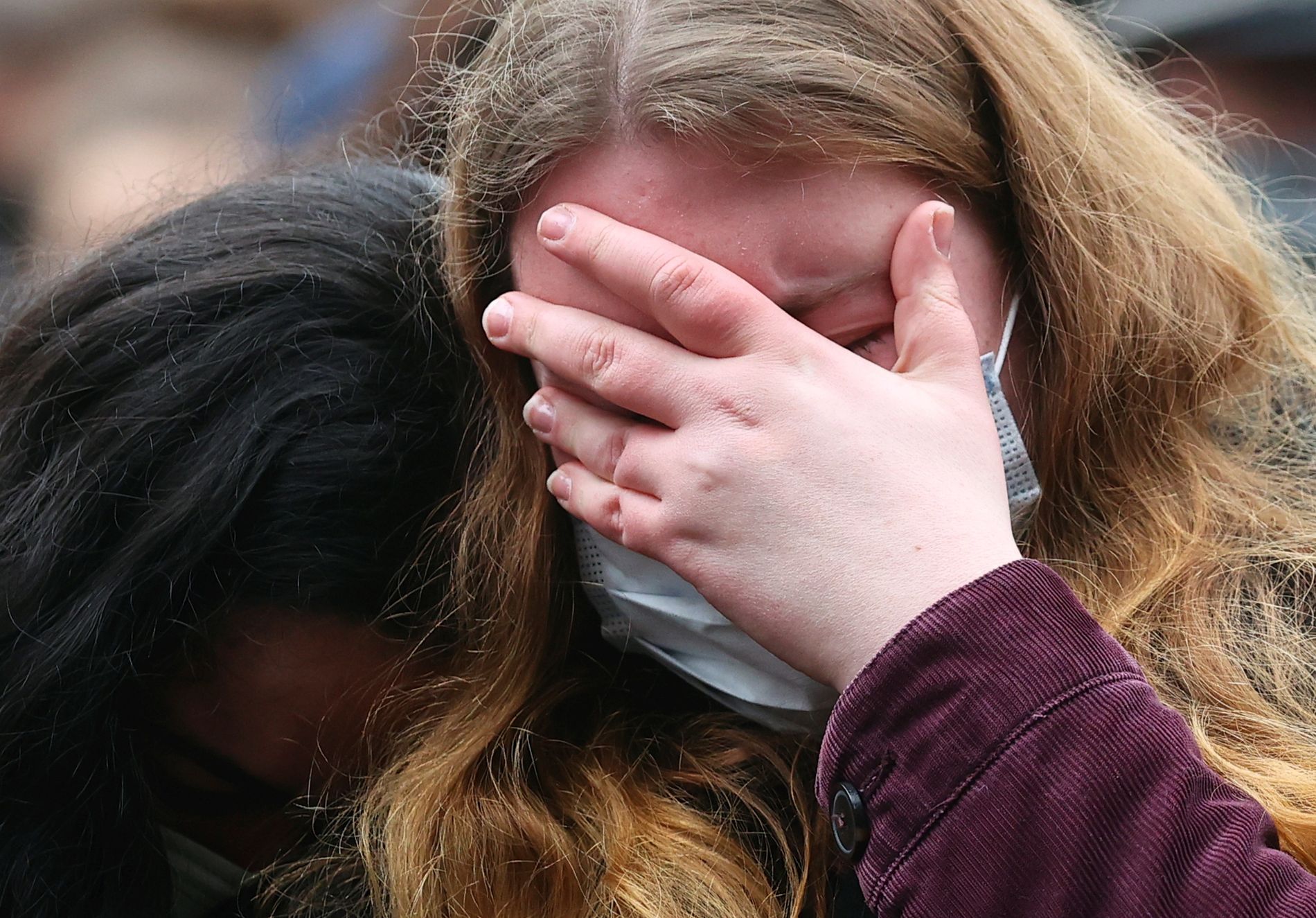JAKARTA – The Ministry of Health (Kemenkes) emphasized that the momentum of commemorating AIDS Day 2020 can strengthen cooperation and synergy in implementing HIV / AIDS prevention and control. However, the Program Manager for the Karisma Wahyu Khresna Foundation said, this word of cooperation and synergy would be more beautiful if implemented by the government.
In his eyes, the government in implementing HIV / ADIS prevention and control programs involves very little people living with HIV / AIDS (PLWHA) and the community. In fact, one of the driving forces in realizing the various existing programs is the PLWHA and the community in the field.
“Unfortunately, the government only makes us the executors of the project. We have very little involvement in the important decisions taken by the government,” he said in a virtual press conference on the death of collaboration amidst the celebration of World AIDS Day 2020, Tuesday (2/12). ).
According to him, the most concrete example of not being involved in the community in the work of HIV / AIDS response in Indonesia can be seen from the absence of activists who are members of the Expert Panel on HIV / AIDS. Then, funding by the government is also limited.
“We know that the government has only carried out part of the program,” he said.
Therefore, he assessed that there should be a clear reference work between the government and the community, if they really want to realize cooperation and synergy in implementing the prevention and control of HIV / AIDS in this country.
He assessed that what happened and was seen today was only the community that continued to advocate for stakeholders. In fact, prevention and overcoming are shared tasks.
Meanwhile, Advocacy Manager for Pelangi Children, Natasya Taslim, also said that collaboration is a very important effort if Indonesia wants to end the HIV / AIDS epidemic by 2030.
However, he hopes that the collaboration intended by the government will not only present them to become speakers in seminars and ceremonial events, but also to involve civil society including PLWHA in every policy making.
According to him, as civil society they have the space to participate in providing input in every policy or decision making.
“Because this concerns the future and the lives of friends too,” he said.
The National Coordinator of the Indonesian Army Color Style Network (GWL-INA), Tengku Surya Mihari, also assessed that if there was no good collaboration and key populations were still criminalized, it would be impossible for Indonesia to end the HIV / AIDS epidemic by 2030.
“For 2020 like this, let alone the next 10 years with conditions like this. If the tools used for prevention are used as evidence, in my opinion it will not be successful,” he explained.
It is known, December 1 is celebrated as World HIV / AIDS Day which is often marked by the use of red ribbons.
Indonesia has also agreed to end HIV / AIDS by 2030, with three main indicators. First, there is no new HIV infection. Second, there are no deaths caused by HIV. Finally, there is no more discrimination for people living with HIV.
The Ministry of Health noted that new HIV cases in 2020 until the end of November or during the Covid-19 pandemic, decreased compared to 2019.
Director of Prevention and Control of Direct Communicable Diseases of the Ministry of Health, Siti Nadia Tarmizi, said the findings of new HIV cases in the community fell by nearly 40%, to 32 thousand cases this year. The previous year, the Ministry of Health found 52 thousand cases. (Maidian Reviani)
– .


